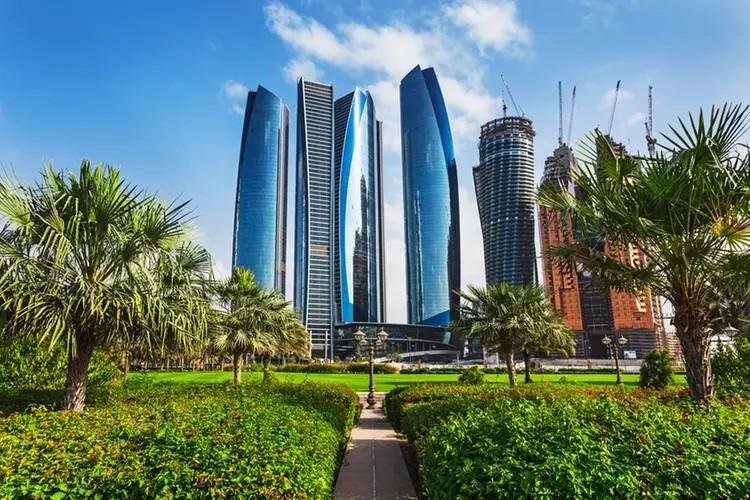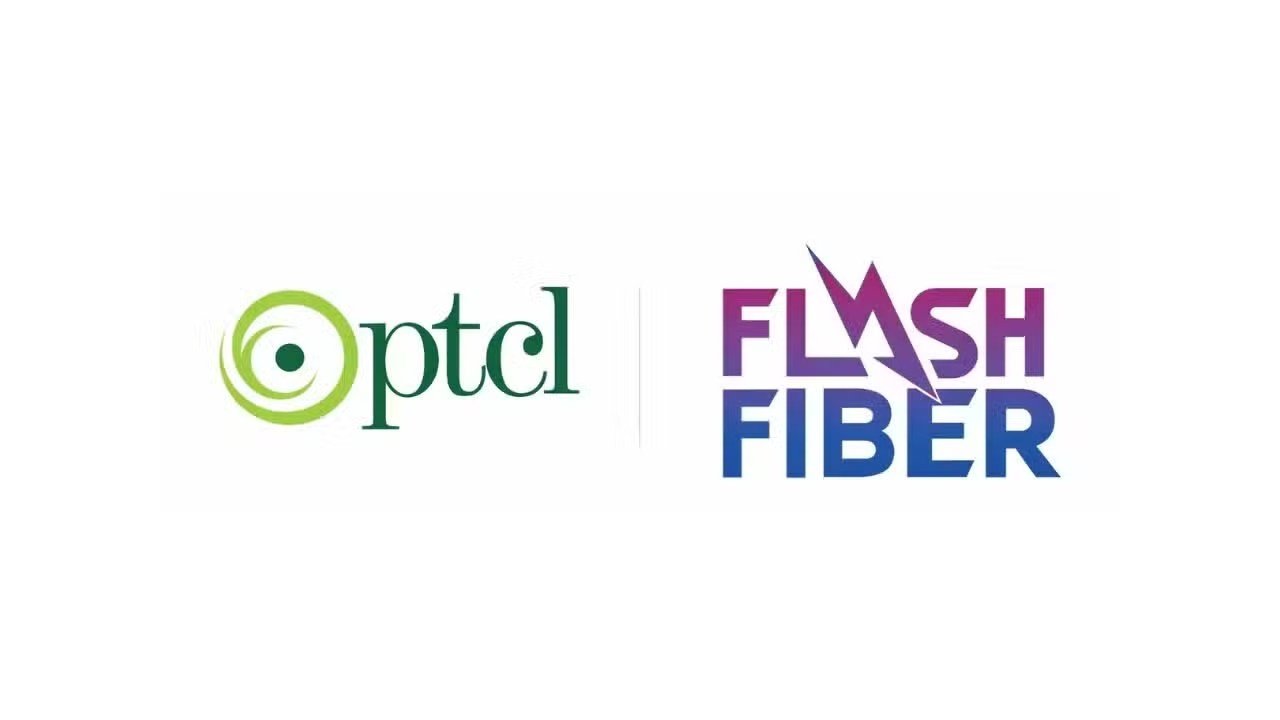Middle Eastern cities have shown remarkable progress in the Smart City Index compiled by the International Institute for Management Development (IMD), with Dubai and Abu Dhabi entering the top five for the first time. Riyadh (Saudi Arabia), Doha (Qatar), and Manama (Bahrain) have also made it to the top 50 global ranking, marking significant urban growth and sustainability in the region.
The IMD Smart City Index is widely regarded as the most comprehensive ranking of its kind, evaluating 141 cities around the world based on their infrastructure, technology, and how these elements improve the quality of life for residents. This year’s report highlights the advancement of Middle Eastern cities in becoming more digitally connected and efficient.
Zurich (Switzerland) maintained its top position globally in the sixth edition of the annual report, followed by Oslo (Norway) in second and Geneva (Switzerland), which moved up to third place from sixth. Dubai has seen an impressive rise, moving up to fourth place from 12th last year, while Abu Dhabi advanced to fifth from 10th.
The report also noted that some cities have faced a decline in smartness over the past three years, including Ankara (Turkey), Buenos Aires (Argentina), Cairo (Egypt), Seattle (USA), and Stockholm (Sweden). However, Doha, along with cities like Riga (Latvia), Zagreb (Croatia), and Chinese cities such as Chongqing and Hangzhou, showed greater smartness levels.
In addition, the report introduces six new cities this year, including AlUla (Saudi Arabia), Astana (Kazakhstan), Caracas (Venezuela), Kuwait City (Kuwait), Manama (Bahrain), and San Juan (Puerto Rico), bringing the total number of cities assessed to 146.
The IMD Smart City Index, published by the World Competitiveness Center (WCC), is based on 39 survey responses from residents across various socioeconomic levels. A key focus of this year’s report is the housing affordability challenge in smart cities, with rising housing costs increasingly becoming a concern. The report discusses how factors like gentrification, lack of affordable housing units, and speculative investment are exacerbating the problem, particularly in urban areas experiencing high immigration influxes.
The WCC defines a Smart City as one that effectively balances economic growth, technology application, environmental concerns, and inclusiveness to improve its residents’ quality of life. The 2025 IMD Smart City Index continues to shed light on how cities worldwide are navigating the complex challenges of modernization and sustainability.
Notable changes in this year’s rankings include Taipei City, which dropped from 16th in 2024 to 23rd in 2025, and Ljubljana, which jumped from 32nd to 16th. The Chinese cities of Tianjin and Zhuhai did not meet the WCC’s data sample requirements and were not assessed this year.
The next IMD report, the 2025 World Competitiveness Ranking, will be released on June 17.















